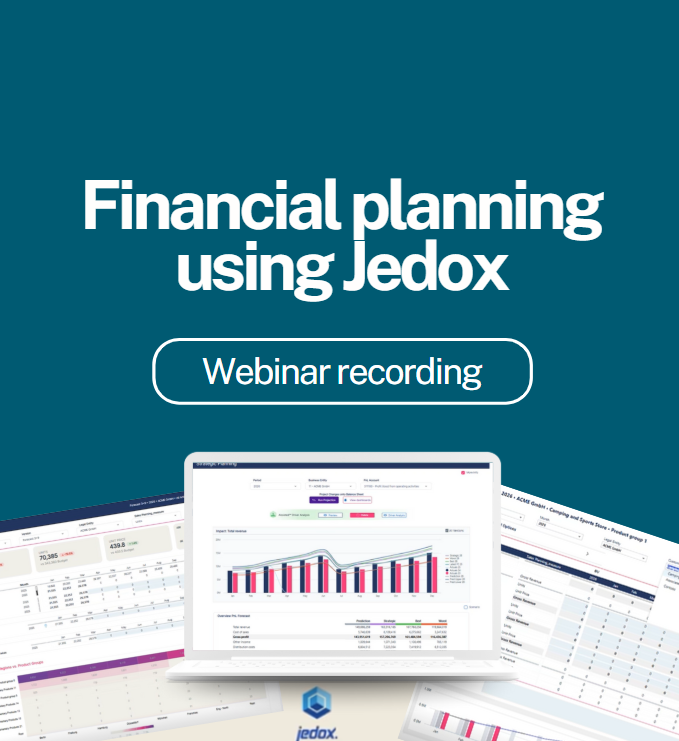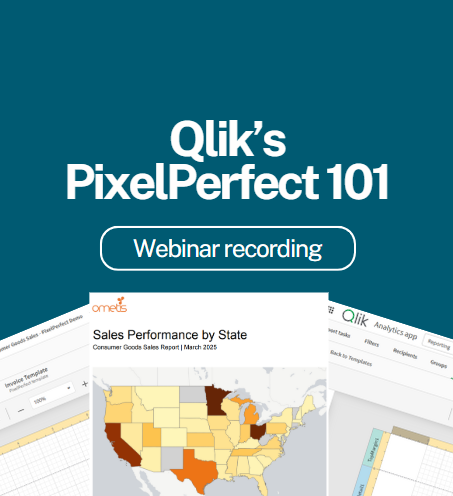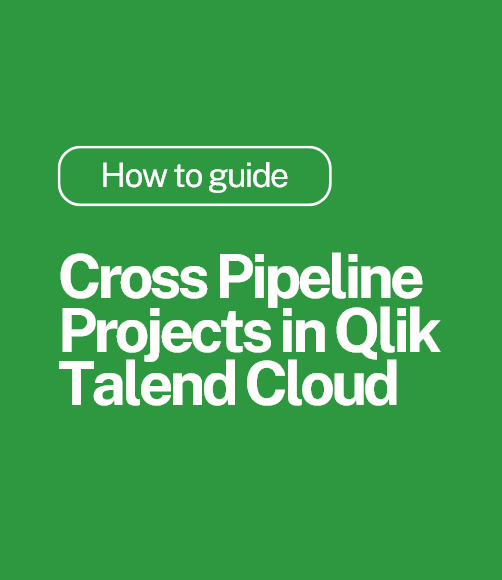Financial planning alternatives to Excel: how Jedox solves spreadsheet limitations
We recently hosted a webinar on "When Excel isn't enough: financial planning that works" with our host Chris Lofthouse, Commercial Director at Ometis, along with Michael Huntsman and Shahrear Haider from Jedox.
Check out the full recording, along with key insights from the session below.
The growing problem with Excel-based financial planning
Excel wasn't designed for collaborative financial planning in volatile business environments. Recent disruptions like Brexit, COVID-19, and global supply chain issues have highlighted this limitation.

"These aren't just isolated incidents anymore. They're becoming the new normal," explained Michael from Jedox during our webinar. "Businesses sticking to rigid annual planning cycles in Excel are at a massive disadvantage."
The typical Excel budgeting process involves:
- Creating templates and manually loading data
- Distributing spreadsheets across departments
- Making adjustments with back-and-forth emails
- Consolidating different versions with limited oversight
- Struggling to track progress and data accuracy
This approach leads to multiple spreadsheet versions with inconsistent formulas, challenging data consolidation, and minimal audit capability. Finance teams often spend more time managing spreadsheets than analysing results.
Why financial planning tools offer a better alternative
Modern financial planning platforms like Jedox address Excel's core limitations while maintaining its familiar interface.
.png?width=1920&height=1080&name=Ometis%20webinar%20Jedox%20April%202025%20(1).png)
Centralised data with Excel-like experience
Jedox provides an Excel add-in that connects to a centralised database. This offers:
- A familiar Excel interface for finance users
- Live connection to centralised data
- Changes that instantly reflect across all reports
- Formula protection to prevent accidental tampering
"It gives you seamless integration where you can write back," explained Shahrear in the demonstration. "If you make changes in Excel, it writes back to the database and reflects in your dashboards instantly."
Centralised data with Excel-like experience
Budget processes in Excel often lack structure and oversight. Jedox introduces automated workflows with:
- Email notifications to budget contributors
- Role-based access control
- Defined approval processes
- Full visibility of submission status
- Automatic deadline reminders
Version control and scenario planning
Excel makes tracking budget versions challenging. A centralised system maintains a single source of truth while supporting:
- Multiple forecast versions (e.g., 3+9, 6+6)
- Scenario modelling (best case, worst case, strategic)
- Real-time variance analysis
- Audit trails showing who changed what and when
"You can have full audit trail of time, which user made changes, what amount, what function was used," Shahrear noted. "This is really powerful, especially when facing auditors."
How Jedox improves financial forecasting accuracy
.png?width=1920&height=1080&name=Ometis%20webinar%20Jedox%20April%202025%20(2).png)
Automated version blending
Jedox automatically combines actual results with forecast data, creating "version blending" that improves accuracy:
- Automatically pulls in actual figures for completed periods
- Offers multiple methods for projecting remaining periods
- Allows drivers like "copy budget" or "average last three years"
Multi-dimensional planning capabilities
Unlike Excel's two-dimensional structure, Jedox supports multi-dimensional planning:
- Plan by customer, product, or territory simultaneously
- Changes at any level automatically update related dimensions
- No need for complex lookup formulas or manual reconciliation
Built-in formula protection
Financial logic stays in the database, not spreadsheet cells:
- Business rules centralised and protected
- No risk of formula tampering
- Consistent calculations across all reports
How to implement financial planning software
Transitioning from Excel to Jedox involves three key stages:
- Data mapping - Structuring existing models for the new environment
- Automated import - Setting up connectors to ERP and other systems
- User training - Leveraging the Excel-like interface for quick adoption
"Most users can adapt very quickly thanks to the Excel-like interface," Michael noted. "We offer pre-built templates and support through that transition."
Is it time to move beyond Excel for financial planning?
While Excel remains valuable for ad-hoc analysis, dedicated financial planning platforms offer significant advantages for collaborative budgeting, forecasting and scenario planning.
Finance teams benefit from:
- Reduced time spent on manual data consolidation
- Improved forecast accuracy with driver-based planning
- Better security and governance with role-based access
- Full audit trails for compliance purposes
- Faster scenario modelling for strategic decision-making
.png?width=1920&height=1080&name=Ometis%20webinar%20Jedox%20April%202025%20(3).png)
Curious about Jedox?
Book a personalised Jedox demo to see how it can solve your specific financial planning challenges. Our team can show you how to maintain the Excel interface your team loves while gaining the structure, security and collaboration tools you need:






Comments